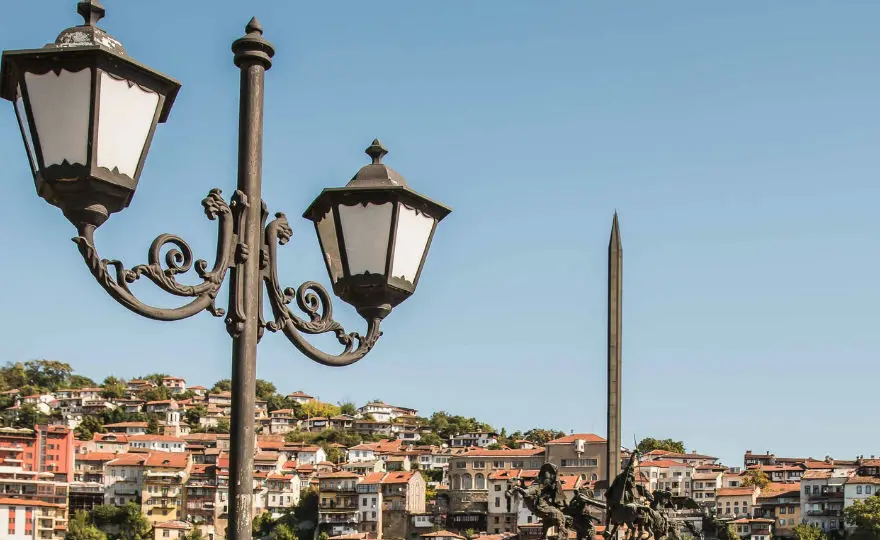ClientEarth Communications
7th December 2018


ClientEarth's environmental lawyers have alerted the European Commission to legal problems with a Bulgarian subsidy scheme that gives money to ageing coal plants, favouring them over cleaner energy sources.
Bulgaria’s ‘cold reserve’ is a capacity mechanism - it gives payments to plants to make sure they are ready to provide power in times of peak demand. But plants from the ageing Bulgarian coal fleet benefit from these payments despite having been proven to fail to deliver power when called upon – and they are not effectively penalised for such failure.
The lawyers are challenging the mechanism on the basis that it is set up to favour thermal coal power plants, thereby excluding alternative power sources and those from other countries.
The cold reserve currently provides payments to major thermal power plants such as Brikel, Varna, Rousse, Maritsa 3 and Bobov Dol.
Recent changes to the scheme, opening it up to some large energy intensive users, still fail to comply with EU State aid law.
Capacity schemes in the EU have come under fire recently, with the UK’s suspended after legal action and Poland’s criticised for propping up major polluters.
ClientEarth lawyer Juliette Delarue said: “We need structural market reforms before putting capacity markets in place. Government money needs to be given to power suppliers that will revolutionise Bulgaria’s outdated energy system - not ancient plants that are destroying lives by polluting at illegal levels, while at times actually failing to deliver the power they are paid to.”
The Bulgarian cold reserve has been in force since 2003 and subject to EU State aid law since 2007. The recent opening of the scheme to some large energy intensive users demonstrates that Bulgaria has no intention to phase the scheme out.
“With this complaint, we are fighting against poor use of public money that props up a flawed industry and poses a danger to public health,” Delarue added. “Coal is perceived to be a cheap fuel – but it’s not cheap when it’s being heavily subsidised by the state.
“National subsidy schemes across the EU need to be scrutinised, particularly when they provide such favourable conditions to fossil fuels.”
ClientEarth has previously alerted the Commission to suspected State aid malpractice in Bulgaria and has challenged the permits of several coal plants on the basis of their failure to comply with EU pollution standards.
Campaigners and local people protested against the notorious Bobov Dol coal power plant this week, staging a demonstration against waste-burning in Sofia.
Meanwhile, Pernik resident Elka Tiškina, whose house crumbled after illegal mining underneath it caused serious subsidence issues, has appealed to a Bulgarian court this week in an ongoing case to try to secure compensation for the damage.
And in Aldomirovtsi, local farmer Emil Mirchev is challenging a planned coal mine in the Bulgarian courts, on the basis that it will destroy the way of life for hundreds of people, with meagre compensation for the villages affected.